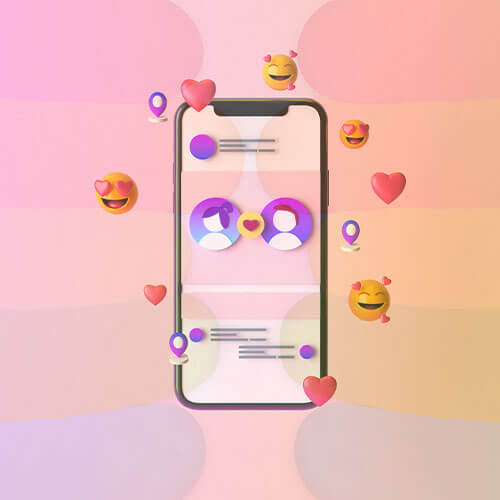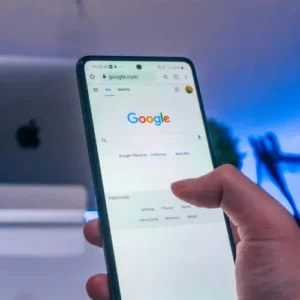The LGBTQ+ community is being targeted by extortion scammers who use dating apps like Grindr and Feeld, according to a warning issued this week by the U.S. Federal Trade Commission (FTC).
The FTC claims that the offenders use LGBTQ+ dating apps to pose as prospective romantic partners before emailing their targets explicit images and requesting them to do the same.
If the victims fall for it, they are blackmailed into paying a ransom, typically in the form of untraceable gift cards, under the fear that the sexually explicit information they supplied with the con artists would be revealed to their family, friends, or employers.
Scammers may also threaten to our people who are still “closeted” or reveal the identities of those they will contact if the ransom is not paid.
The consumer protection watchdog stated that “other scammers threaten those who are ‘closeted’ or not yet fully ‘out’ as LGBTQ+.”
They might put pressure on you to make a payment or risk being identified, saying they’ll “ruin your life” if they reveal intimate chats or images.
How to avoid being conned
The FTC warns LGBTQ+ dating app users against exchanging intimate photographs with strangers they’ve just met online or with chat partners they’re not quite convinced about.
Users of LGBTQ+ dating apps should take extra precautions to protect themselves from such extortion efforts by:
Always verify who you are speaking with: mirror image Check the person’s profile image to check if it’s connected to a different identity or has any elements that don’t add up; they are indications that a fraud is taking place.
Don’t exchange personal information, such as phone numbers, email addresses, and social media accounts, with somebody you just met on a dating app.
Don’t pay con artists to delete conversations or photos because there is no assurance they will.
Additionally, online dating sites have already alerted their members to the possibility that extortion scams could target them.
Social media and dating apps are a top target for these bad actors, according to Grindr, as con artists try to take advantage of those trying to connect meaningfully.
Feeld further advises users to “never follow through on any payment requests from other members […] as these can be attempts at identity theft or financial fraud” and to “always be mindful when you share personal details such as your real name, phone number, address or any other personal information.”
Sextortion incidents increased
The FBI issued a warning in September about a sharp increase in online romance scams that have cost Americans over $113 million since the year 2021.
More than 18,000 sextortion-related complaints [PDF] were submitted to the FBI Internet Crime Complaint Center (IC3) in 2021, representing losses of more than $13.6 million.
According to the majority of victims, the fraudster initiates communication with them via dating services and applications.
Sextortion scam victims should stop communicating with the fraudsters right away, get in touch with the police, and lodge a complaint with the FBI IC3 at www.ic3.gov.
You should heed the following advice from the FBI to safeguard yourself against extortion attempts:
NEVER email anyone compromises pictures of yourself, regardless of who they claim to be or who they are.
Never open attachments that you don’t know. Links may discreetly access your contacts, images, and sensitive data from your electronic devices using spyware, as well as remotely operate your web camera and microphone.
When not in use, turn off your electronic devices and webcams.










